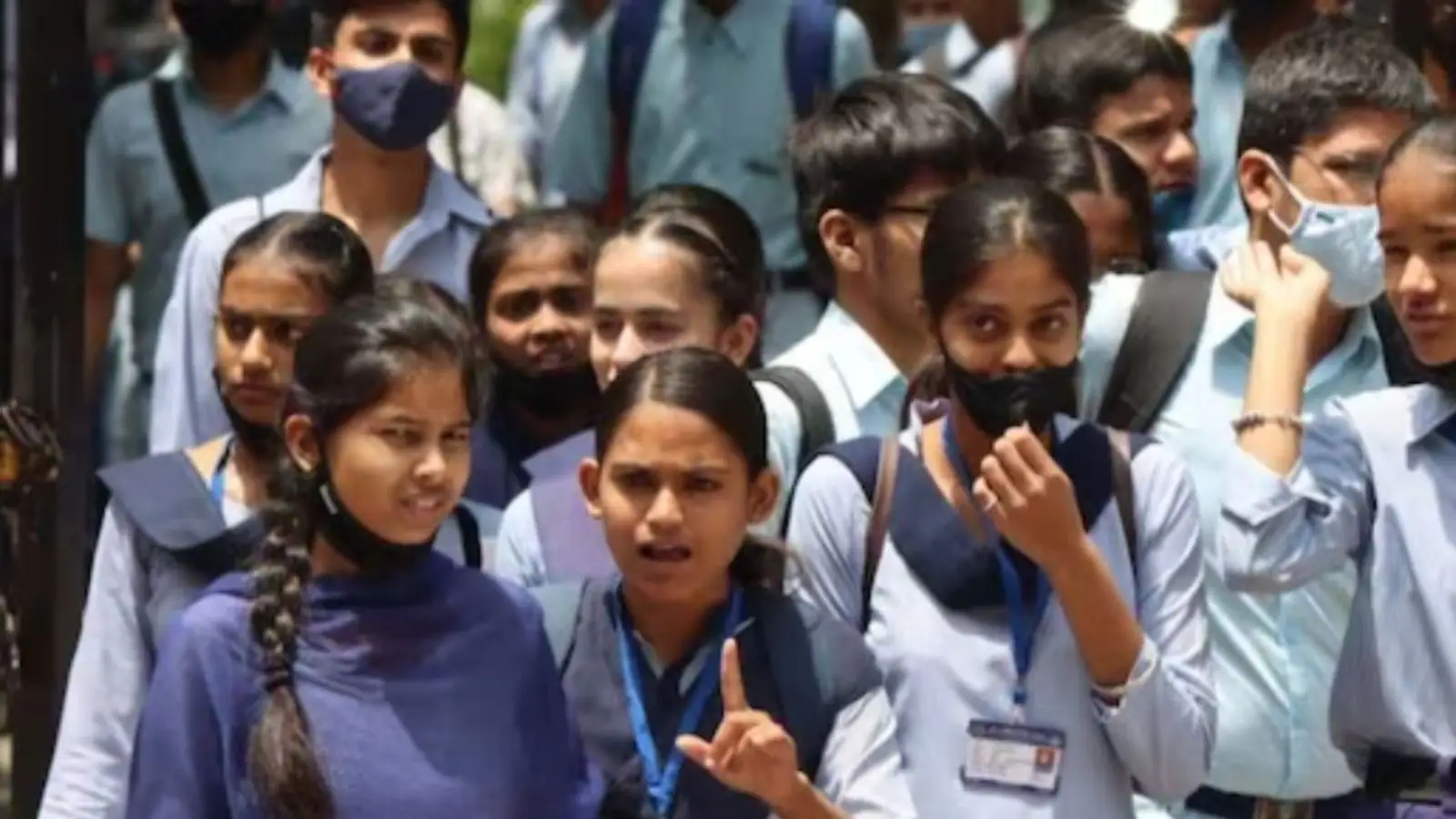Copyright Baltimore Sun

In the wake of the arrest of Ian Roberts, the Iowa school superintendent detained by U.S. Immigration and Customs Enforcement agents for living and working in the country illegally, it didn’t take long for questions to be raised about how the 54-year-old native of Guyana was registered to vote in Maryland, where he was once employed by Baltimore City Public Schools. A right-wing opposition research group, the American Accountability Foundation, is among those leading the charge that Maryland’s elections lack integrity because Roberts, who lived in Prince George’s County at the time, may have perjured himself when he signed a form claiming that he was a U.S. citizen and thus eligible to vote. I would not seek to defend Roberts, who entered the U.S. on a non-immigrant visa in 1994, graduated from Coppin State University in 1998, once competed in the Olympics, sought (but apparently never earned) a doctorate at Morgan State University and has a tangled history of green card applications and employment authorizations. He appears to have misrepresented his immigration status, his education and perhaps his run-ins with police (including criminal possession of a weapon). But is his curious adventure grounds to indict the Maryland Board of Elections? That is roughly the equivalent of finding a hair in one’s chicken noodle soup and deciding the kitchen staff needs to be summarily fired. Such claims of voter fraud have been made before, and it’s usually with the express desire to make it much tougher for certain individuals to register to vote. It’s absurd to believe that the voter rolls are filled with hundreds, let alone thousands, of people like Ian Roberts. Investigations have shown over and over again that they are not. But the claim keeps being made because Republican strategists believe placing greater restrictions on voting — requiring prospective voters to present state-issued photo ID — benefits their own candidates. Low-income voters, often minorities, are less likely to have a driver’s license. And that’s no small group. It is estimated that 21 million Americans eligible to vote (all of them U.S. citizens) lack some form of non-expired government-issued photo ID. And here’s another question to ponder: Why not allow people living and working in the United States to vote in elections regardless of their immigration status? If you are contributing to a community, perhaps even raising a family there, why not have a say in how that community is run? At least that’s the philosophy that has inspired a growing number of municipalities to permit non-citizens to vote in local elections. As of last year, that list includes Frederick and 15 other towns across the state. Maryland is one of only 12 states that allow municipalities to make that choice. That may give some citizens pause, of course. That’s reasonable. What’s far less reasonable is to create further barriers to voting for millions of Americans to prevent the rarity of non-citizens casting ballots in statewide or national elections — especially when the true underlying goal is to thwart Democratic candidates.



